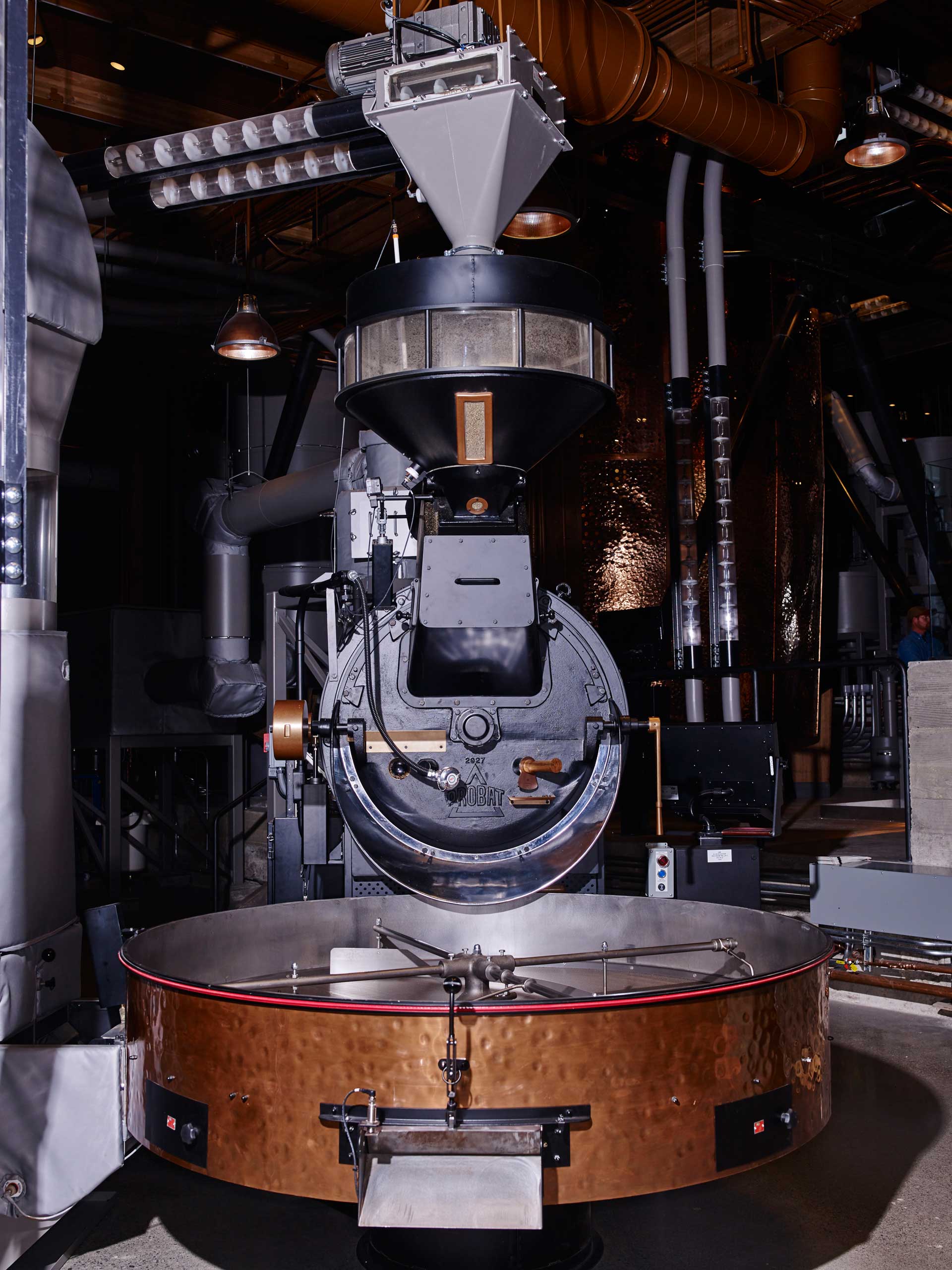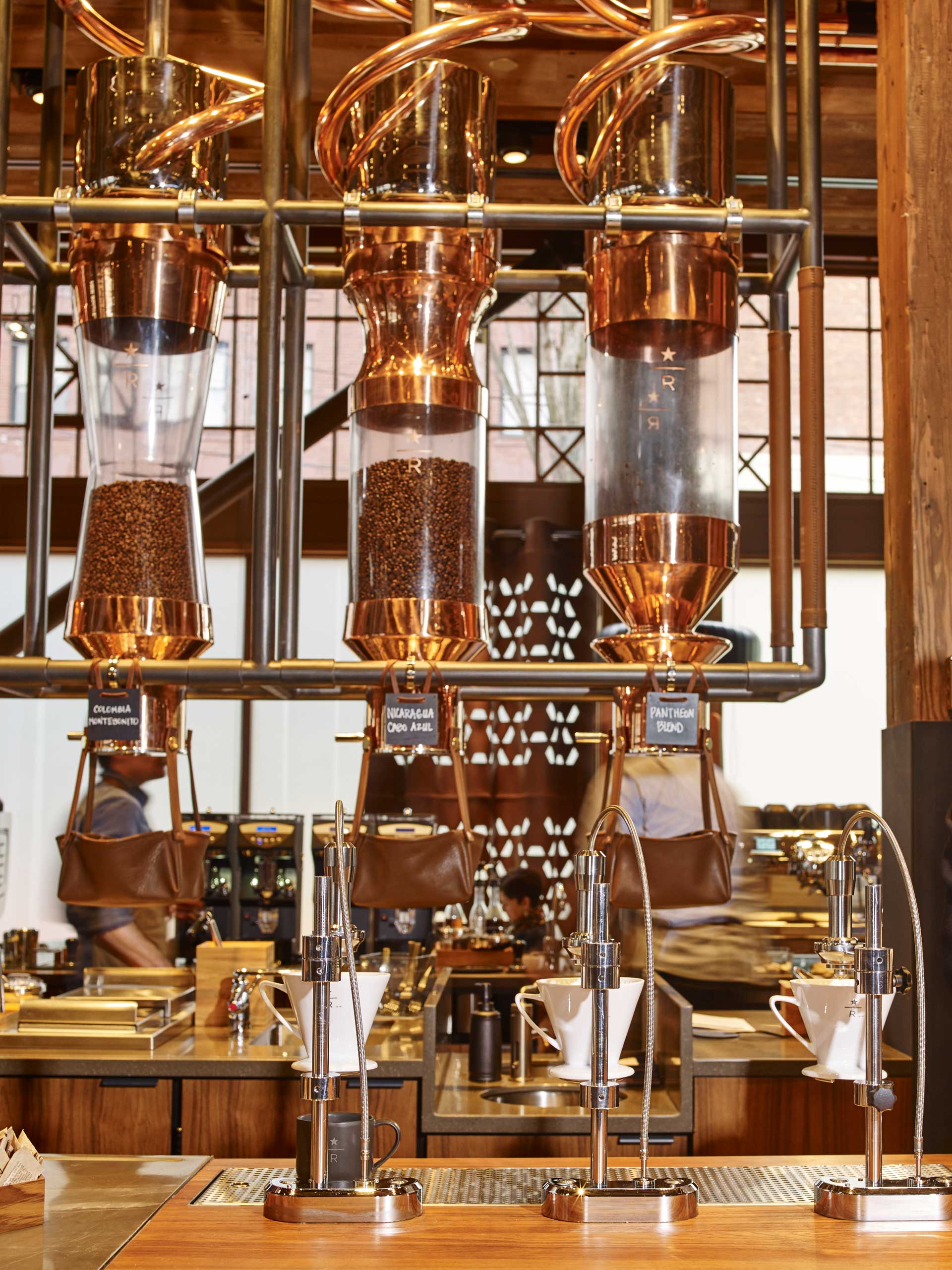
Starbucks CEO Howard Schultz’s bold decision to encourage his baristas to discuss race relations with willing customers has filled me with shock and awe. I’m in awe of his courageous and good-hearted attempt to do something to bring about better awareness of racism. I’m in awe that he’s willing to put morality above profits. I’m in awe that he’s willing to endure the snarky ridicule and lame coffee jokes from pundits as well as the inevitable death threats from clueless trolls. All with nothing personally or corporately to gain — and a lot to lose.
But while in awe of his chutzpah, I’m also in shock that he thinks this will actually work.
It’s abundantly clear that there’s a racial perception problem in America. Despite the killings of unarmed African Americans, despite the evisceration of the Voting Rights Act, despite Oklahoma frat boys singing about lynching blacks, the majority of white Americans don’t think racism is still a significant problem. A study by Harvard University professor Michael I. Norton found that only 16% of whites agree that there is “a lot” of discrimination in the U.S., compared with 56% of blacks.
This isn’t the fault of whites. If you’re not a racist or someone who experiences racism, the issue is not on your radar. The good news is that throughout history Americans have proved to be willing to change their minds when presented with enough evidence. On issues from abolishing slavery to extending the vote to women, public opinion is an evolving organism. In 1996, only 27% of Americans approved of gay marriage; in 2014, 55% approved. Eventually, gay marriage will be legal in every state, just as eventually racism will be nothing more than a quaint what-were-they-thinking historical curiosity, like witch trials or The Millionaire Matchmaker.
For that to happen, we do need to take action now. We need to bring awareness of systemic, institutional racism to those people who are unaware. We have to change minds because, as George Bernard Shaw said, “Progress is impossible without change, and those who cannot change their minds cannot change anything.” Changing minds is Starbucks’ noble goal.
The problem with Schultz’s Race Together program is that he’s picked the wrong venue with the wrong audience using the wrong spokespersons. Most of the customers at Starbucks probably don’t want to have their political awareness challenged by the person foaming their coffee. Minds are more likely to be changed by someone with some form of expertise in the subject, which baristas generally don’t have. Those who do wish to engage in a conversation about something as volatile as race are not open to change. They are either already in the choir of believers in equality or are racists looking for an audience. Either way, no change will result from the exchange. In fact, I worry that such conversations could quickly escalate to violence.
I admire Schultz’s courage and applaud his initiative in wanting to take action. It’s frustrating for all people of conscience — or just consciousness — to watch leaders in politics and the media deny the facts about racism in order to grovel for votes or ratings from the most profoundly and proudly prejudiced segment of society. For these “leaders,” money and power trump social responsibility. They wish to flatter their way to power through the cheerleading chant of American exceptionalism. Oklahoma, Colorado, Texas, Georgia, Nebraska, Tennessee and several other states are removing or trying to remove advanced placement exams because they teach actual historical events and not the sanitized-for-your-protection Hallmark version they want. My pride in America isn’t based on the arrogant presumption that we’re better than everyone else, but on the fact that we have a vision of a fair and just country, and we never give up trying to make that vision a reality. We may stumble or falter or lose our way on occasion, but we always get back up and push ahead. It’s no wonder that Schultz wants to bring the conversation about race to the coffee shop when certain politicians are trying to remove it from the classroom, where it belongs.
Schultz is right in understanding that we can’t depend on our leaders to eradicate racism. He sees ending racism as a grassroots campaign that starts with the people and swells until it forces politicians to act like leaders. To achieve this, we need to educate the target audience of those who are open-minded enough to be persuaded by facts. Then we need to keep presenting those facts over and over until awareness is finally achieved. That’s when there will be progress.
Even though Howard Schultz’s idea may be flawed, he’s acting out of the desire to help realize the vision of America — to save it from its own worst impulses. He’s like the highly moral character of Starbuck in Moby Dick, trying to stop the blasphemous actions of Ahab. As another character warns, “You’re in dangerous waters, Mr. Starbuck! Come on over; come about.”
Don’t stop trying, Mr. Starbuck.
Read next: Report: Black Americans Are 72% Equal to Whites
Go Inside Starbucks' Wild New 'Willy Wonka Factory of Coffee'








More Must-Reads From TIME
- The 100 Most Influential People of 2024
- The Revolution of Yulia Navalnaya
- 6 Compliments That Land Every Time
- What's the Deal With the Bitcoin Halving?
- If You're Dating Right Now , You're Brave: Column
- The AI That Could Heal a Divided Internet
- Fallout Is a Brilliant Model for the Future of Video Game Adaptations
- Want Weekly Recs on What to Watch, Read, and More? Sign Up for Worth Your Time
Contact us at letters@time.com